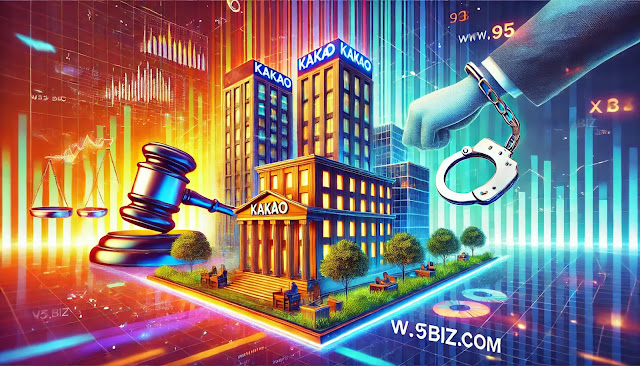TSMC and Tokyo Electron Leading the Charge in the Semiconductor Industry
The semiconductor industry is experiencing significant shifts as Taiwan Semiconductor Manufacturing Company (TSMC) and Tokyo Electron continue to drive technological advancements and production expansions globally. These developments are crucial in meeting the growing demands for high-performance computing, artificial intelligence, and other cutting-edge technologies.
TSMC’s Expansion in Japan
TSMC has made notable strides with its investment in Japan, highlighting a strategic move to diversify its production capabilities beyond Taiwan. The Japanese government has backed this initiative with substantial subsidies, underscoring the importance of semiconductor self-sufficiency amid global supply chain disruptions.
The new plants, located in the Kumamoto region, are expected to bolster Japan’s semiconductor production capacity significantly, with a combined investment of $20 billion. This move aligns with Japan’s broader goal to revive its domestic semiconductor industry, which has seen a decline in global market share over the past few decades.
Technological Innovations and Market Outlook
TSMC’s advancements in semiconductor technology are poised to meet the increasing computational demands driven by AI and high-performance computing. The company’s 3-nanometer technology has been a major contributor to its revenue growth, reflecting the industry’s shift towards more advanced manufacturing processes. In 2023, the 3nm process alone accounted for 15% of TSMC’s total wafer revenue, with high-performance computing and smartphones being the primary revenue drivers.
Tokyo Electron, a key player in the semiconductor equipment manufacturing sector, continues to play a pivotal role in this ecosystem. The company’s equipment is essential for producing the advanced chips required by TSMC and other semiconductor giants. Despite a challenging economic environment, Tokyo Electron has maintained its revenue outlook, emphasizing its resilience and strategic importance in the global semiconductor supply chain.
Global Semiconductor Market Dynamics
The semiconductor industry has shown signs of recovery, with global sales increasing by 15.2% year-on-year in January 2024. This growth is largely attributed to the rising demand for AI applications and high-performance computing components. However, the market still faces challenges such as production delays and inventory overhangs, which require continued strategic adjustments by manufacturers.
TSMC’s global expansion plans include new facilities in the United States and Europe, alongside its significant investments in Japan. These efforts are part of a broader strategy to enhance supply chain resilience and meet the diverse needs of its global customer base. As AI technology advances and computational demands grow, TSMC’s commitment to innovation and capacity expansion positions it well to lead the semiconductor industry into the future.
TSMC and Tokyo Electron are at the forefront of the semiconductor industry’s evolution, driving significant technological and production advancements. Their strategic expansions and innovations are crucial in addressing the increasing demands for high-performance computing and AI technologies, ensuring a robust and resilient global semiconductor supply chain.


